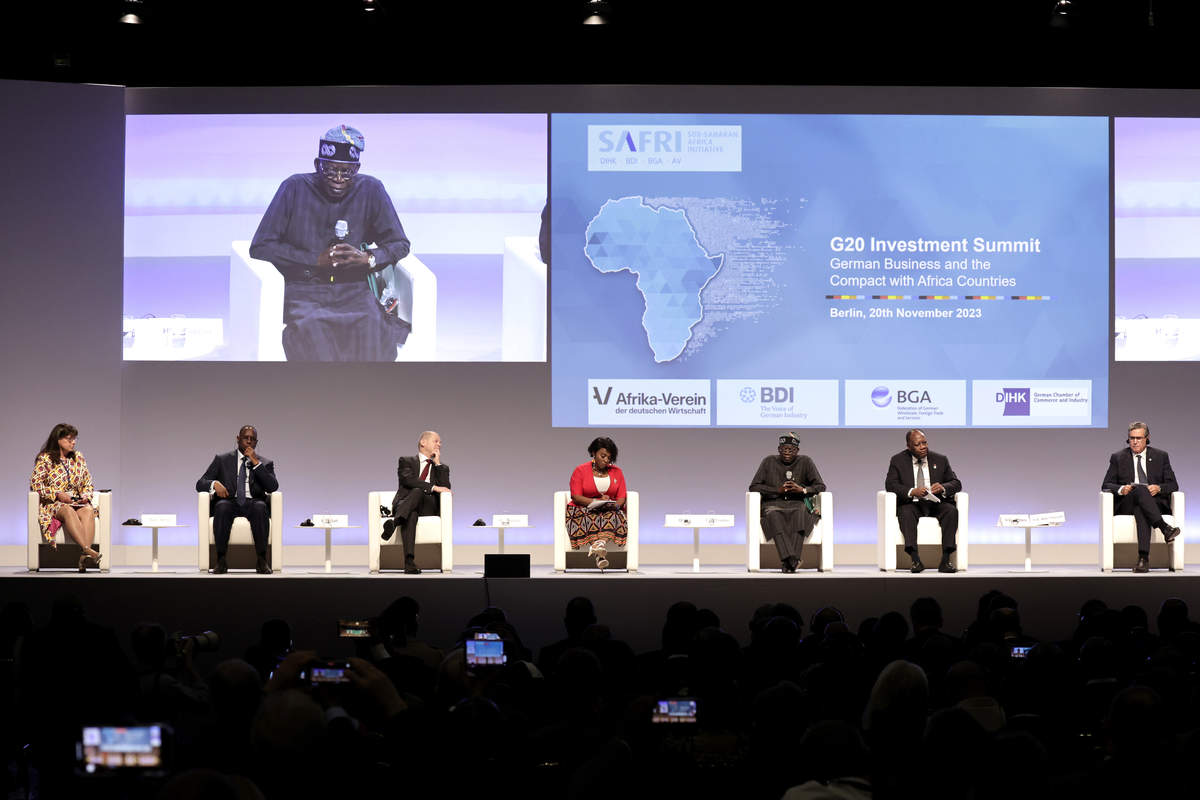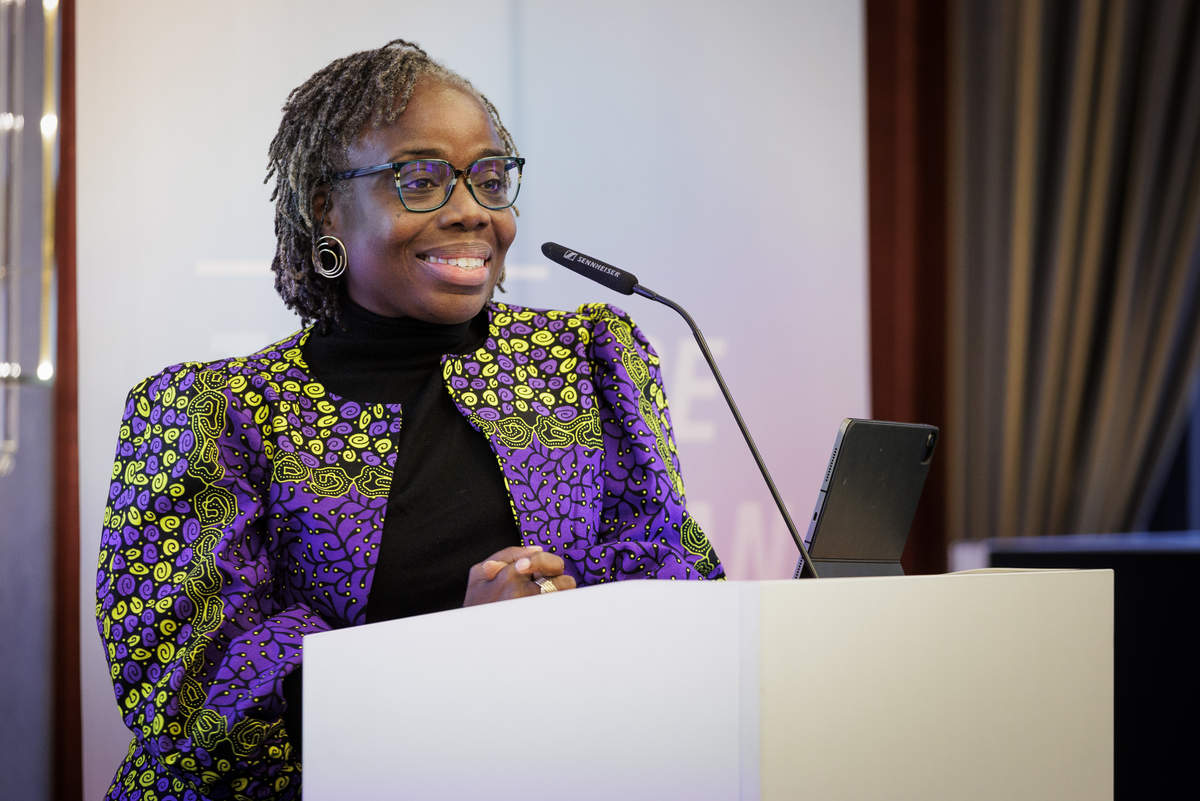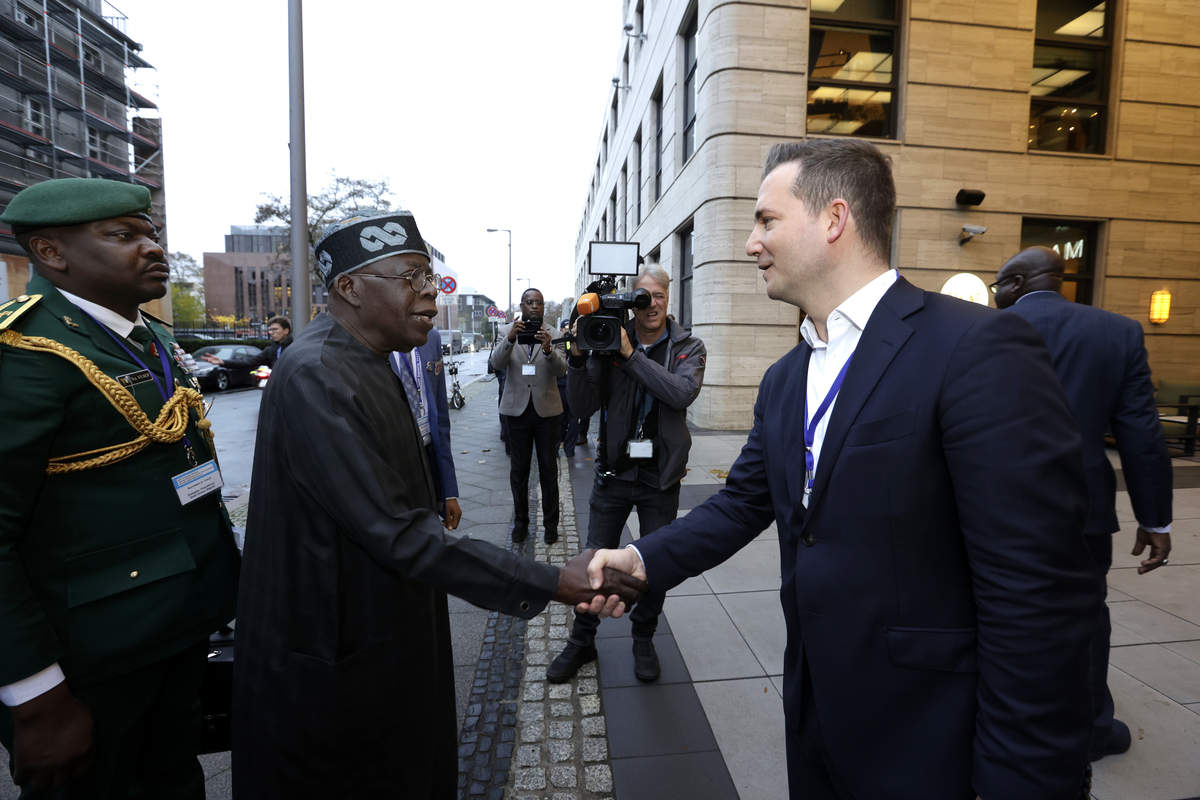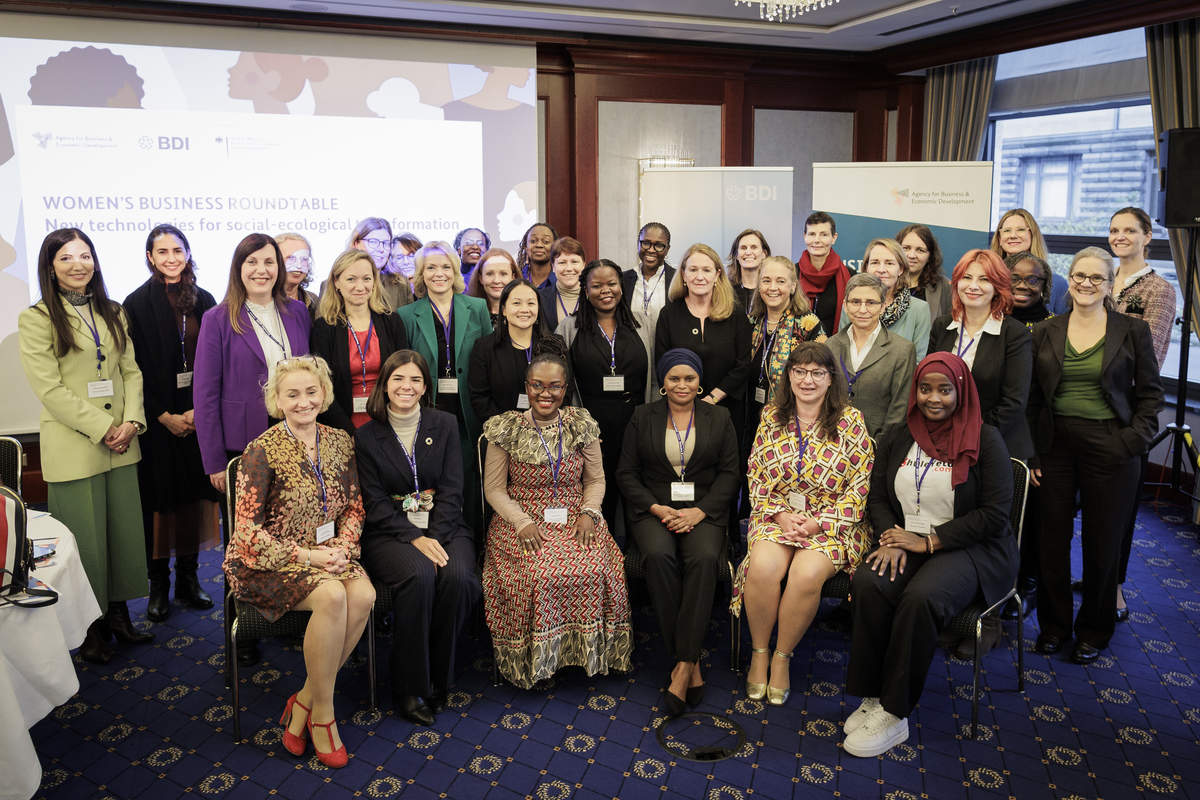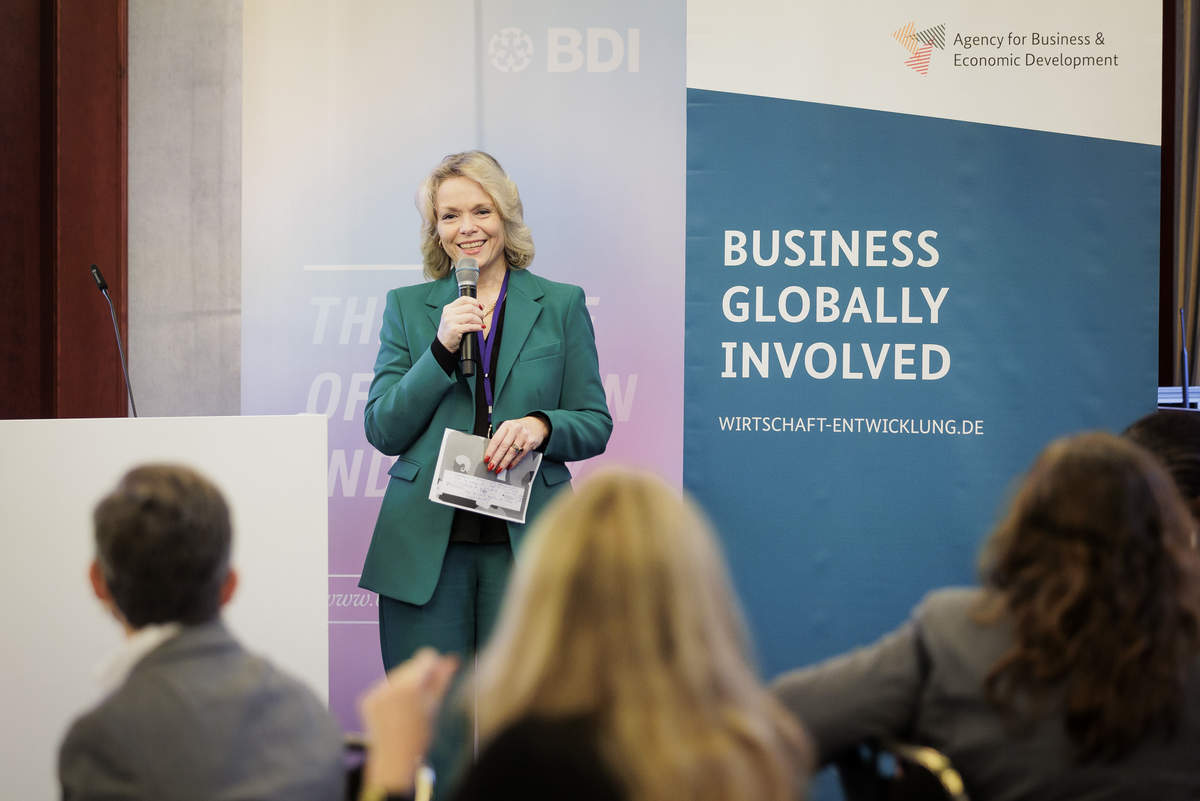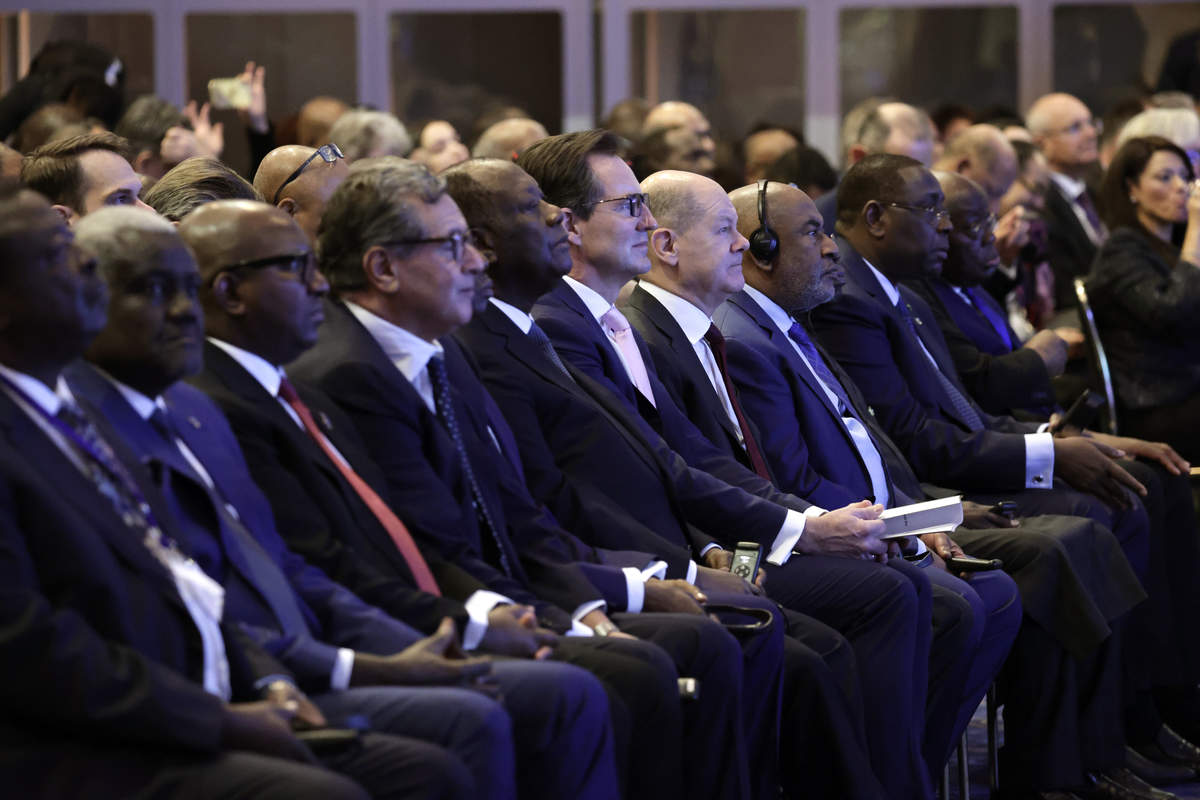Africa Summit in Berlin - who is wooing whom?
Africa is rapidly gaining in strategic and economic importance for Germany in the face of increasing global systemic competition. In the context of the geopolitical world situation, Germany is focusing on greater diversification and the reduction of one-sided dependencies. Germany will only achieve goals such as climate neutrality, sustainability and economic resilience in cooperation with African countries. The Chair of the African Union, Azali Assoumani, emphasizes: "Solutions to the challenges the world is facing today can only be found with Africa – at eye level, for mutual benefit."
Despite the great importance of Africa, there is a large investment gap. Less than one percent of German direct investment abroad goes to Africa. Time to change this. As part of foreign trade promotion, German exports and investments in Africa should be specifically incentivized with more favorable conditions. Strategic dovetailing with development financing is also required, for example to invest in the development and expansion of the necessary infrastructure.
Using green hydrogen for the energy transition
Green hydrogen is the key technology for Germany's path to climate neutrality in 2045. In contrast to Germany, many African countries are predestined for the production of green hydrogen. They have the necessary potential to produce renewable energies.
Many African countries are therefore promising partners for Germany. Germany knows that it will have to cover a large part of its demand for green hydrogen through imports. It is important that Africa can act as a supplier for Germany. It is at least as important that Africa uses the energy for its own continent.
Answers still need to be found regarding the economic viability and financing of green hydrogen. This is because the production and transportation of green hydrogen requires high levels of investment in infrastructure. The financial commitments of four billion euros announced by Chancellor Scholz come at just the right time. The "Africa-EU Green Energy Initiative" aims to massively promote the expansion of renewable energies in Africa. Amadou Hott, Special Envoy of the President of the African Development Bank, emphasizes: "When European funds are spent on projects with African partners, European companies should be at the forefront to benefit from this cooperation."
Using future technologies
The enormous potential of new technologies is undisputed. Irene Benito from Planet Labs provides an example. She reports that satellites in space can monitor the entire planet on a daily basis with an incredible level of detail. This recently enabled researchers to map all the trees in Africa. They found that more than two in ten trees are located outside areas classified as forests. A scientifically validated understanding of natural capital in Africa opens up new opportunities for the continent.
"With this data, efficient pricing of carbon sequestration and the development of carbon markets can be realized," says Benito. "They can support the continent to raise economic resources for the conservation of the world's largest carbon sink, the Congo Basin."
Strengthening the processing of raw materials in African countries
Digitalization and the energy transition are leading to an increasing demand for many metallic raw materials. Many of the critical raw materials for electric cars or wind turbines, for example, come from highly concentrated markets or are mined in just a few countries. This makes it clear that German companies need to diversify their sources of raw materials to strengthen their independence and gain reliable suppliers.
Consequently, the focus is shifting to resource-rich Africa. However, it is not in Africa's interest to only export raw materials. Instead, the extraction and processing of raw materials must take place locally in African countries. Currently, most of the processing takes place in China. African economies can benefit from the local processing of raw materials by moving up the value chain and creating jobs and prosperity.
Africa summits on the African continent
Particularly in view of the political influence of Russia and China in Africa, it is important to position Germany as an important partner in Africa. One thing is clear: It is not only Africa that is seeking more German investment on the continent. Germany is also campaigning to African heads of state and government. It wants to be perceived as an attractive and reliable partner. After all, African countries have the choice of who they want to work with.
Intensifying German-African relations is therefore a great opportunity for both sides and a declared goal of the Sub-Saharan Initiative of German Business (SAFRI). SAFRI Chairman Thomas Schäfer says: "In order to utilize Africa's enormous potential, we need courage from business, political will and open, trusting cooperation between all stakeholders.”
To live a partnership at eye level, Africa summits should increasingly take place on the African continent.
Background: "Compact with Africa"
The "Compact with Africa" initiative was launched under the German G20 presidency in 2017. The BDI is actively involved in its implementation as part of SAFRI and is a co-organizer of the G20 Investment Summit. The aim is to increase foreign private investment by improving the economic framework conditions in the CwA countries. Chancellor Scholz welcomed ten African heads of state and government in Berlin for the CwA Summit 2023.
In the meantime, 13 African countries have joined the CwA initiative: Egypt, Ethiopia, Benin, Burkina Faso, Côte d'Ivoire, Ghana, Guinea, the Democratic Republic of Congo, Morocco, Rwanda, Senegal, Togo and Tunisia. Three more countries, Angola, Kenya and Zambia, have expressed their interest in joining. In return, the German government has committed to supporting the countries in their search for private investors.



